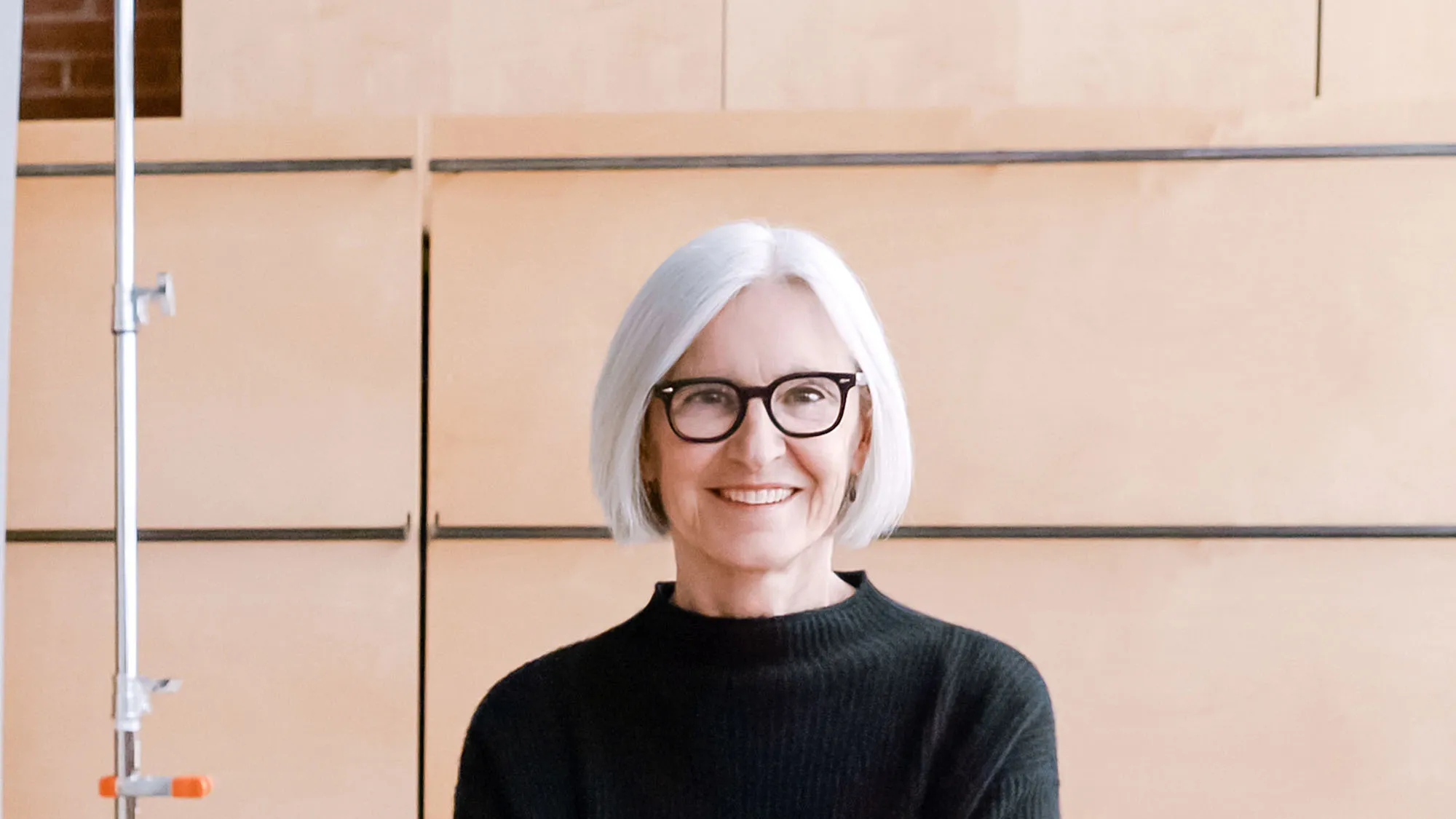
Eileen Fisher is opening up a playbook on how to reduce textile waste to help the industry adopt circular fashion models faster.
The Eileen Fisher Foundation, the designer’s philanthropic arm, is launching an action plan highlighting strategies, resources and solutions to overhauling supply chains. The 130-page report, called Hey, Fashion! in partnership with sustainable design and technology consultancy firm Pentatonic, assessed over 200 brands, from luxury to fast fashion including Burberry, Chanel, Gucci, Louis Vuitton and Nike, to understand industry’s impacts and offer solutions. Given that an average 96 per cent of emissions stem from supply chain operations, the report makes eight key recommendations: scale collecting and sorting infrastructure; invest in recycling; reduce production and consumption; more cross-sector collaboration; design for durability and recycling; promote industry standards; divest from fossil fuels; and change metrics of success from financial to “triple bottom-line accounting”, which includes community and ecosystem health.The goal is to provide brands with tangible solutions and resources as well as educate consumers, says Eileen Fisher. “We want informed citizens and so part of the work here is to raise awareness all the way through to the end consumer about consumption, the industry, which brands are doing better and trying hard,” Fisher says. “CEOs are responsible for the bottom line, but they are also responsible for the environmental, social and governance aspects.”
The report highlights areas of neglect in the supply chain and provides informative ways for brands to make their supply chain circular. It explores the infrastructure, regulations and financing needed to impact the volume of textile waste being produced and spotlights sustainable initiatives and businesses in every area of the supply chain to get brands there. Examples include textile recyclers and sorters such as Takataka Solutions, the largest waste management and recycling company in Kenya; and Swedish-company Siptex, a large-scale textile waste facility with a processing capacity of 24,000 tonnes a year.
➔ Read the full article on Vogue Business
